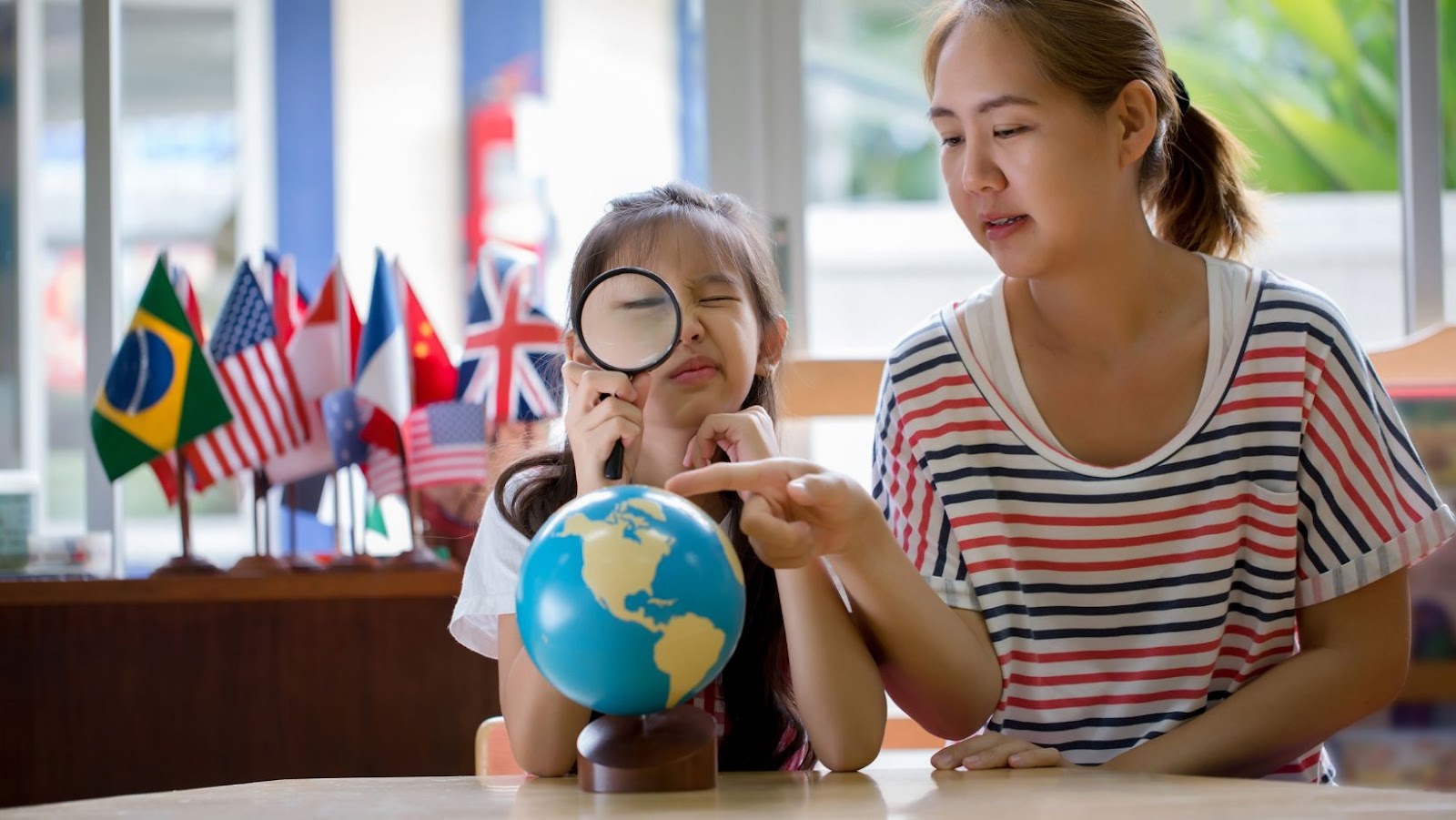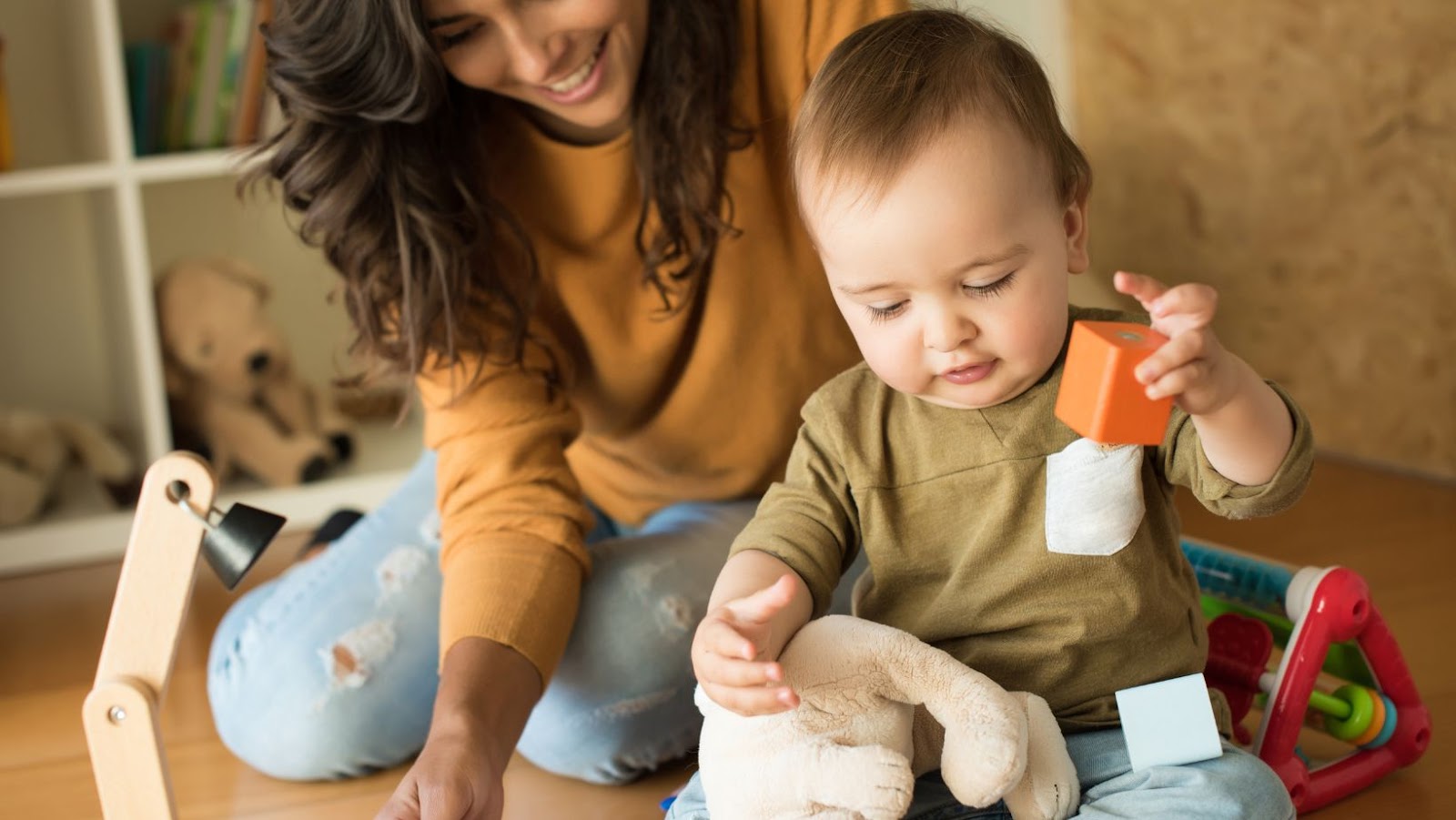When it comes to raising children, there’s no one-size-fits-all approach. And among the many parenting styles out there, Montessori parenting is steadily gaining traction. This method of nurturing isn’t just a trend – it’s rooted in century-old teachings that remain relevant today.
At its core, Montessori parenting emphasizes independence and respect for a child’s natural psychological development. It’s about creating an environment where kids can explore freely and learn at their own pace. Parents who embrace this approach aren’t just caregivers; they’re guides on their child’s journey towards self-discovery and growth.
The beauty of Montessori parenting lies in its adaptability. It doesn’t demand perfection or strict adherence to rules. Instead, it encourages parents to trust their instincts while providing a supportive framework for their children’s development. Whether you’re new to this concept or already practicing some aspects of it without realizing, understanding the principles behind Montessori could be a game-changer in your parenting journey.
Montessori Parenting
When it comes to raising independent, creative children, few methods are as revered as Montessori parenting. This approach has been around for over a century and is still growing in popularity today.
Development of Independence
Montessori parenting places a heavy emphasis on fostering independence in children from an early age. It’s all about giving them the tools they need to do things for themselves, rather than simply doing things for them. For instance, instead of handing a child a toy that’s out of reach, you might guide them towards figuring out how to get it themselves.
Here are some key aspects of this strategy:
- Fostering self-reliance: By encouraging kids to take care of their own needs (like getting dressed or preparing snacks), parents help foster self-reliance.
- Promoting problem-solving skills: Children learn best when they have the chance to solve problems on their own. This could be anything from figuring out how to put together a puzzle, to resolving disputes with siblings.
Encouragement of Creativity
Creativity is another cornerstone of Montessori parenting. It’s not just about arts and crafts though; creativity in the Montessori sense involves thinking outside the box and finding innovative solutions.
To nurture creativity under this method:
- Provide open-ended play opportunities: Toys without a fixed purpose encourage kids to use imagination and invent their own games.
- Let children lead: Instead of dictating what activities should look like, parents can allow children’s interests shape the play experience.
By focusing on these two key areas – independence and creativity – Montessori parenting can support holistic development and equip children with vital life skills for future success.
 Principles of Montessori Parenting
Principles of Montessori Parenting
Respect for the Child
In the world of Montessori parenting, respect for the child is paramount. This isn’t about pampering or spoiling a child, rather it’s an acknowledgment of their personhood. It values their ideas, feelings and individuality – treating them as equals in family decision-making processes. For instance, instead of dictating what they should wear or eat each day, Montessori parents provide options and let the child make their own choice.
This principle also extends to how discipline is managed. Rather than punishment-based approaches such as time-outs or spankings, Montessori parenting encourages understanding and communication to guide behavior. This approach fosters self-discipline and personal responsibility in children.
 Follow the Child
Follow the Child
The concept ‘follow the child’ is another cornerstone in Montessori parenting. The idea here is not to leave children without guidance but rather to observe them closely, understand their interests and needs then provide opportunities for growth based on these observations.
For example, if a child shows interest in painting, a Montessori parent won’t just hand over paints; they’ll prepare an environment conducive for painting exploration – safe non-toxic paints, appropriate-sized brushes and papers within reach etc. They might even introduce art books or take trips to local galleries enriching this interest further.
This method ensures that learning becomes an exciting journey led by natural curiosity rather than being forced upon from external pressure.
Prepared Environment
A prepared environment plays a crucial role in nurturing independence among children which is highly emphasized in Montessori parenting principles. Here’s how:
- Order: Everything has its place making it easier for kids to find what they need without always seeking adult help.
- Accessibility: Materials are arranged at kid-level encouraging self-reliance.
- Simplicity: Toys or materials aren’t overly complicated allowing kids to explore at their own pace.
- Aesthetics: The environment is pleasing, inviting children to interact and learn.
The prepared environment isn’t just about physical space – it’s also about time. Montessori parents understand the importance of providing unstructured time for play and exploration, allowing children to engage in activities they love without feeling rushed.
In conclusion, Montessori parenting is all about fostering respect, independence, curiosity and a love for learning in children. It may seem challenging at first but with patience and understanding, it can transform your parenting journey into an enriching experience.